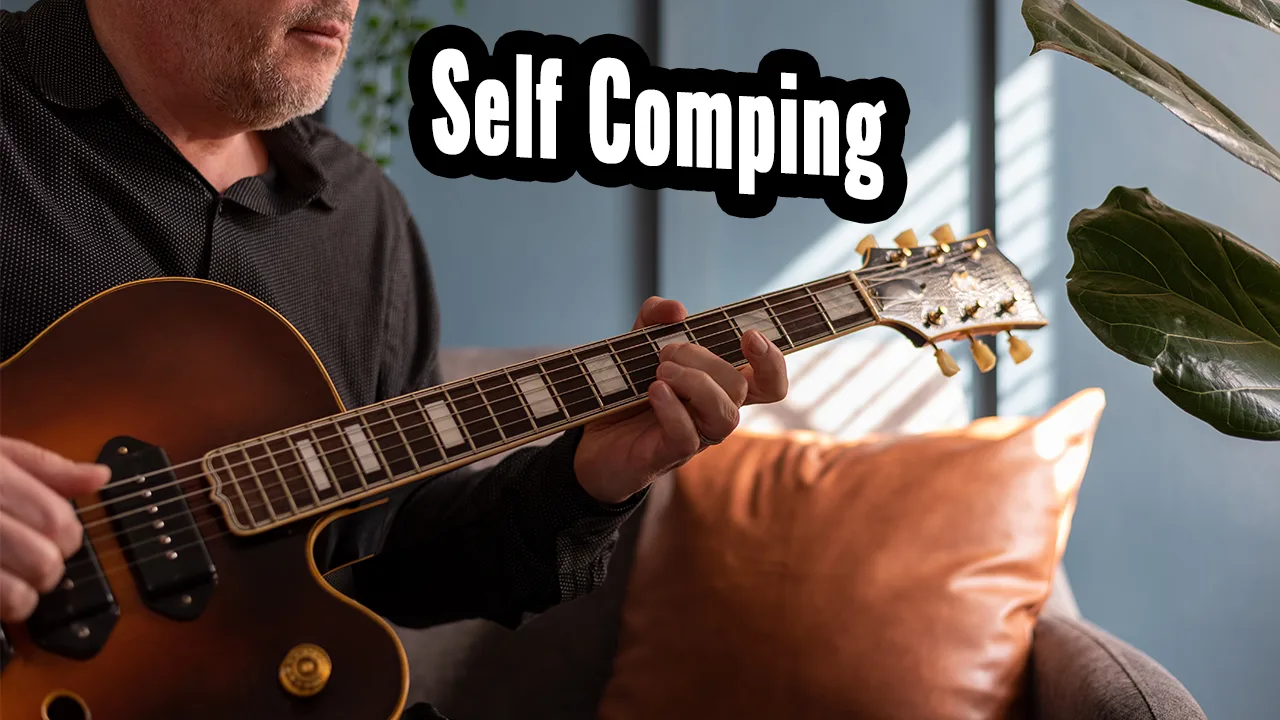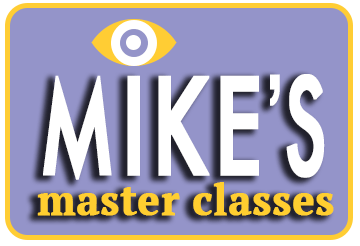
Self comping, or playing the accompaniment parts on a single instrument, is an important skill for jazz guitarists. Not only does it allow the musician to accompany themselves when playing solo, but it also helps to build a strong sense of time, harmony, and phrasing. However, self comping can be a daunting task, especially for beginners. Here are some tips to help you gain confidence when playing solo and comping at the same time.
-
Start simple. When beginning your journey with self-accompaniment, it’s wise to take it slow and stick to the basics. Start with a straightforward rhythm like a swing or bossa nova beat, and slowly work in basic chord voicings. As your confidence and skill grow, you can start to incorporate more intricate rhythms and chord progressions.
-
Study the greats. Take the time to learn from the legends of jazz guitar. Listen to Joe Pass, Jim Hall, Kenny Burrell, Pat Martino and Barney Kessel, and examine their comping style and the chords they use. Doing this will give you inspiration for your own comping and can help you comprehend the fundamentals of jazz comping.
-
Practice with a metronome. Keeping a steady pulse is key in self comping, so make sure to practice with a metronome. Start slow and gradually increase the tempo as you get more comfortable. This will help you develop a strong sense of time and ensure that your comping stays in sync with your soloing.
-
Experiment with different chord voicings. One of the fun things about self comping is the ability to experiment with different chord voicings. Try different inversions, drop 2 and drop 3 voicings, and even explore more advanced voicings like quartal and quintal harmony.
-
Use guide tones. Guide tones are the 3rd and 7th of each chord, and provide a strong sense of harmonic direction. When comping, try to focus on playing these notes and let the rest of the chord fall into place. This will help keep your comping simple and effective.
-
Practice with play-along tracks. Another great way to practice self comping is to play along with play-along tracks or backing tracks. This allows you to focus on comping without having to worry about the soloing, and can be a great way to develop your sense of time and phrasing.
-
Don’t be afraid to make mistakes. Self comping can be a challenging task, and it’s important to remember that mistakes are a natural part of the learning process. Don’t be afraid to experiment and make mistakes, as this is how you will learn and grow as a musician.
Self comping is an important skill for jazz guitarists, and with practice and dedication, you can develop the confidence to play accompaniment parts with ease. Remember to start simple, study the greats, practice with a metronome, experiment with different chord voicings, use guide tones, play along with play-along tracks, and don’t be afraid to make mistakes. Happy comping!


0 responses on "Gaining Confidence Self Comping for a Jazz Guitarist"